|
|
|
|
Nau mai haere mai – welcome to your newsletter.
This week, New Zealand has taken another step in the vaccination rollout when medicines regulator Medsafe granted provisional approval of the Pfizer vaccine for young people aged 12 to 15.
The vaccine’s use still needs cabinet approval, expected to come through next week, and people under 16 will have to wait until older age groups have been vaccinated, but as University of Canterbury mathematical modeller Michael Plank writes, this will add more than a quarter of a million people to the vaccination pool, raising it to 85% of the population and giving New Zealand a better chance of reaching collective immunity.
And speaking of mathematical modelling, you can also read about a virtual placenta, developed to help researchers understand the complex but underappreciated organ without which none of us would be here. As University of Auckland’s Alys Clark and Jo James explain, something goes wrong with the placenta in about one in ten pregnancies, leading to difficulties for the baby, and the virtual model will help detect at-risk pregnancies sooner, while interventions are more effective.
There’s plenty more to read here and on our homepage, including a timely inquiry by Massey University’s Linda Rowan and Fiona Murray into whether we need to redefine what constitutes cheating in the age of online exams.
To you, our readers, many thanks for your company and ongoing support. Ka kite anō a tērā wiki.
|
Veronika Meduna
New Zealand Editor: Science, Health + Environment
|

|
|
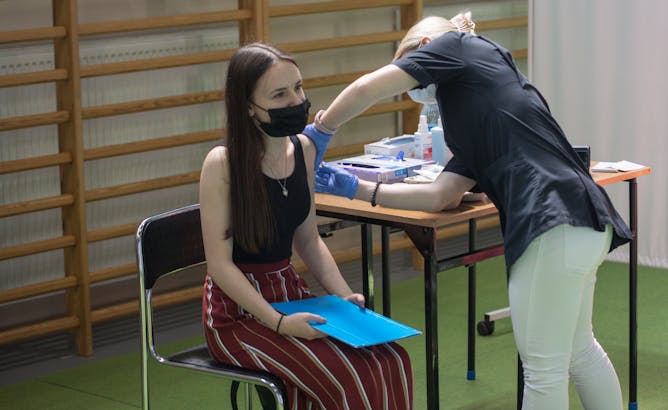
Krzysztof Zatycki/NurPhoto via Getty Images
Michael Plank, University of Canterbury
New Zealand's approval of Pfizer's COVID-19 vaccine for 12-15 year olds will bring the number of people eligible for the jab to 85% of the population, raising the chance of reaching collective immunity.
|
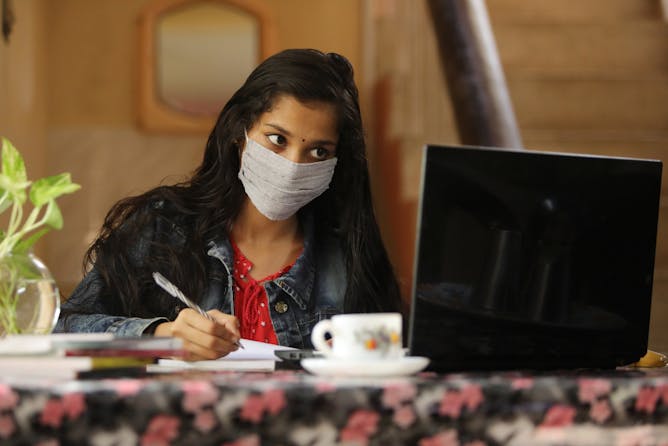
www.shutterstock.com
Linda Rowan, Massey University; Fiona Murray, Massey University
Recent allegations of cheating by university students in online exams suggest the students are adapting faster than the education system itself – and that should change.
|
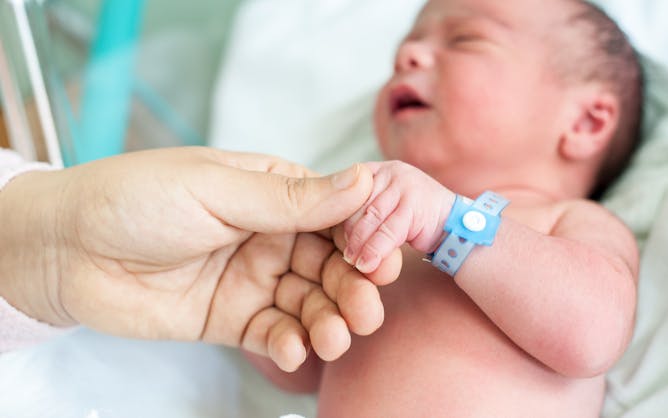
Shutterstock/ESB Professional
Alys Clark, University of Auckland; Jo James, University of Auckland
The placenta is one of the least studied organs, but it is the cause of problems in one in ten pregnancies. A virtual placenta is helping researchers to pick up at-risk pregnancies sooner.
|
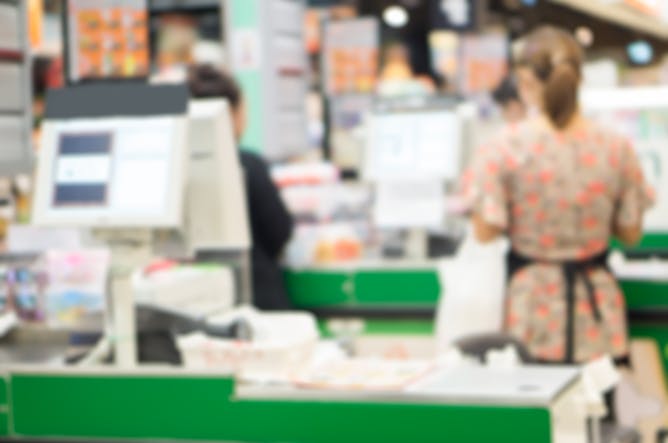
www.shutterstock.com
Alexander Plum, Auckland University of Technology; Gail Pacheco, Auckland University of Technology; Kabir Dasgupta, Auckland University of Technology
Past research has possibly overstated the likelihood of climbing up the income ladder for low-paid workers.
|
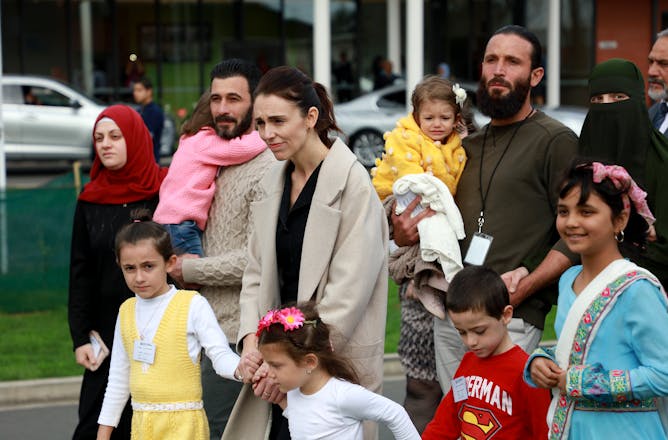
Prime Minister Jacinda Ardern marks World Refugee Day 2020 at the Mangere Refugee Resettlement Centre in Auckland.
GettyImages
Jay Marlowe, University of Auckland
World Refugee Day on June 20 is an opportunity for New Zealanders to reflect on what more could done to protect some of the world's most vulnerable people.
|
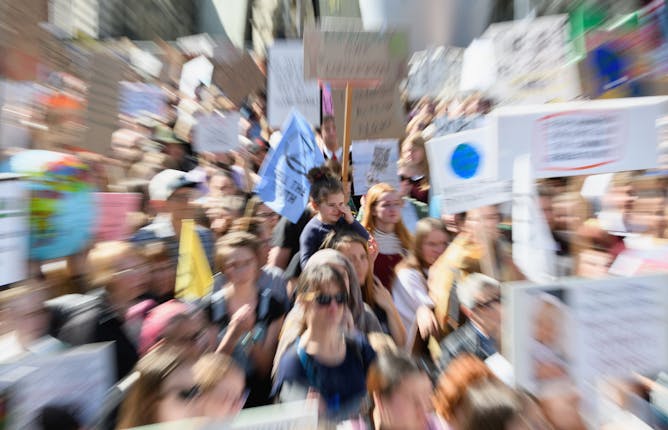
Kai Schwoerer/Getty Images
David Hall, Auckland University of Technology
An emissions trading scheme is New Zealand's main policy to tackle climate change. But to bring down emissions quickly enough, other policies will need to transform transport and agriculture.
|
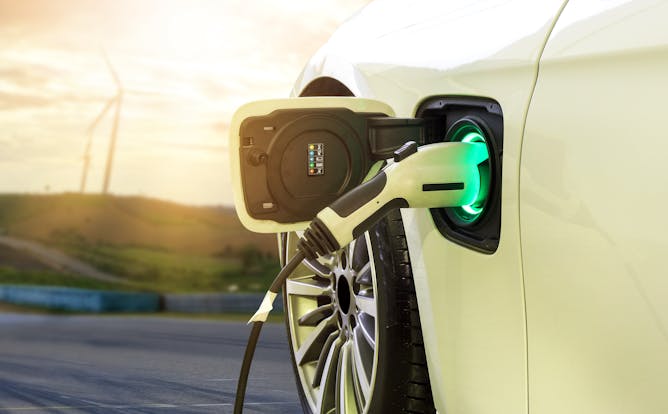
www.shutterstock.com
Basil Sharp, University of Auckland
Moving New Zealanders rapidly into electric vehicles is a good idea, but success will still depend on a number of difficult to predict economic forces.
|
From our foreign editions
|
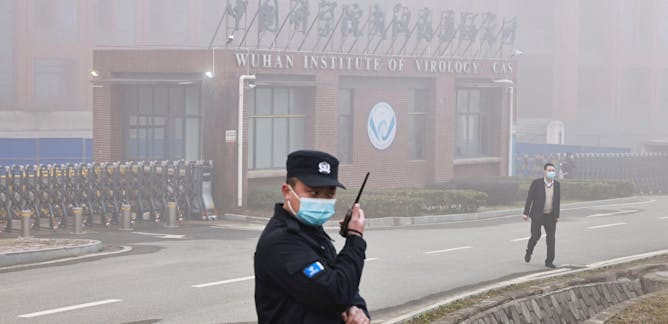
Peter Knight, University of Manchester
New theories about the lab leak don't make the case for it any stronger, but do reveal the messiness of how historical events play out.
| |
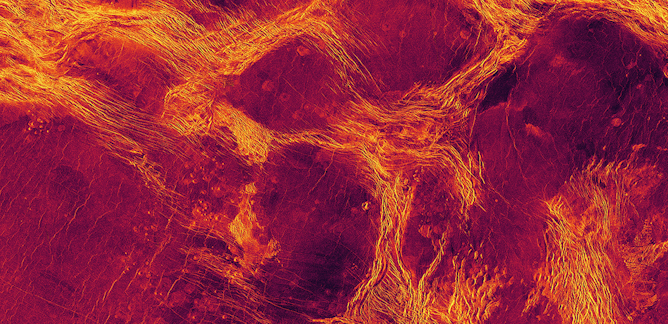
Paul K. Byrne, North Carolina State University
Researchers used decades-old radar data and found that some low-lying areas of Venus' crust are moving and jostling. This evidence is some of the strongest yet of tectonic activity on Venus.
|
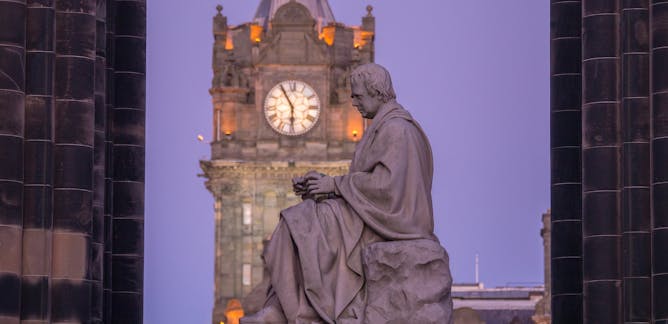
Daniel Cook, University of Dundee
Best known for his big historical novels, Scott was also a bestselling poet and a fine short-story writer who brought a vivid portrayal of Scots and Scotland to the world.
| |
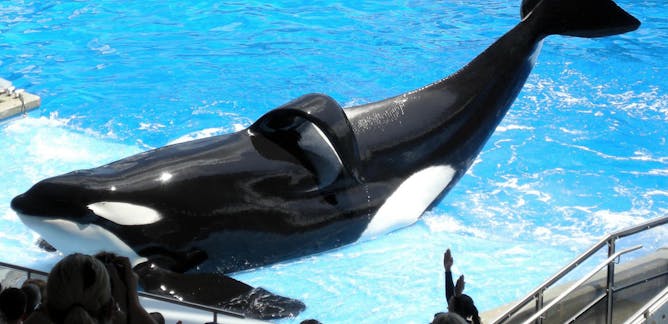
Laura Thomas-Walters, University of Stirling; Diogo Veríssimo, University of Oxford
Blackfish struck an emotional chord over the plight of a traumatised performing whale, prompting real change.
|
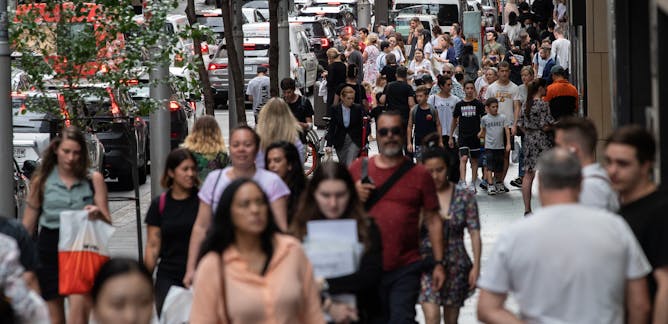
Julie Anne Lee, The University of Western Australia; Anat Bardi, Royal Holloway University of London; Ella Daniel, Tel Aviv University; Maya Benish-Weisman, Hebrew University of Jerusalem; Ronald Fischer, Te Herenga Waka — Victoria University of Wellington
Values in adulthood rarely change. But major events, like wars — and pandemics — can shift our priorities.
| |
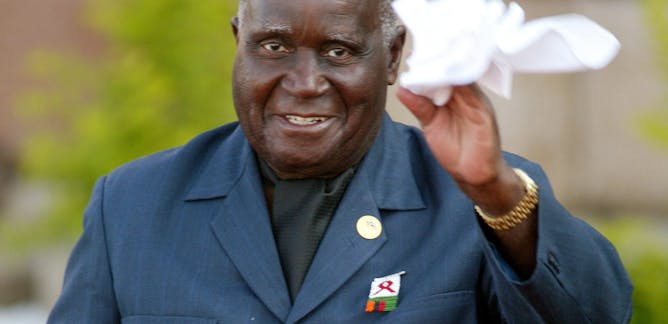
Gavin Evans, Birkbeck, University of London
Kaunda will be remembered as a giant of 20th century African nationalism -- a leader who gave refuge to revolutionary movements, a relatively benign autocrat and an international diplomat.
|

Francesco Biondi, University of Windsor
The promise of self-driving cars hasn't materialized, and we're no closer to them becoming a reality.
| |
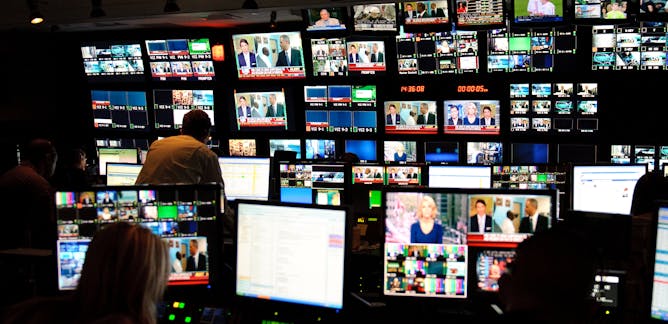
Aly Colón, Washington and Lee University
The daily deluge of information produced by the news media can drown consumers in confusion and anxiety, but there are steps you can take to filter out the noise and remain enlightened.
|
|
|
| |
| |
| |
| |
| |
| |
|
|
|
|
|
|
|